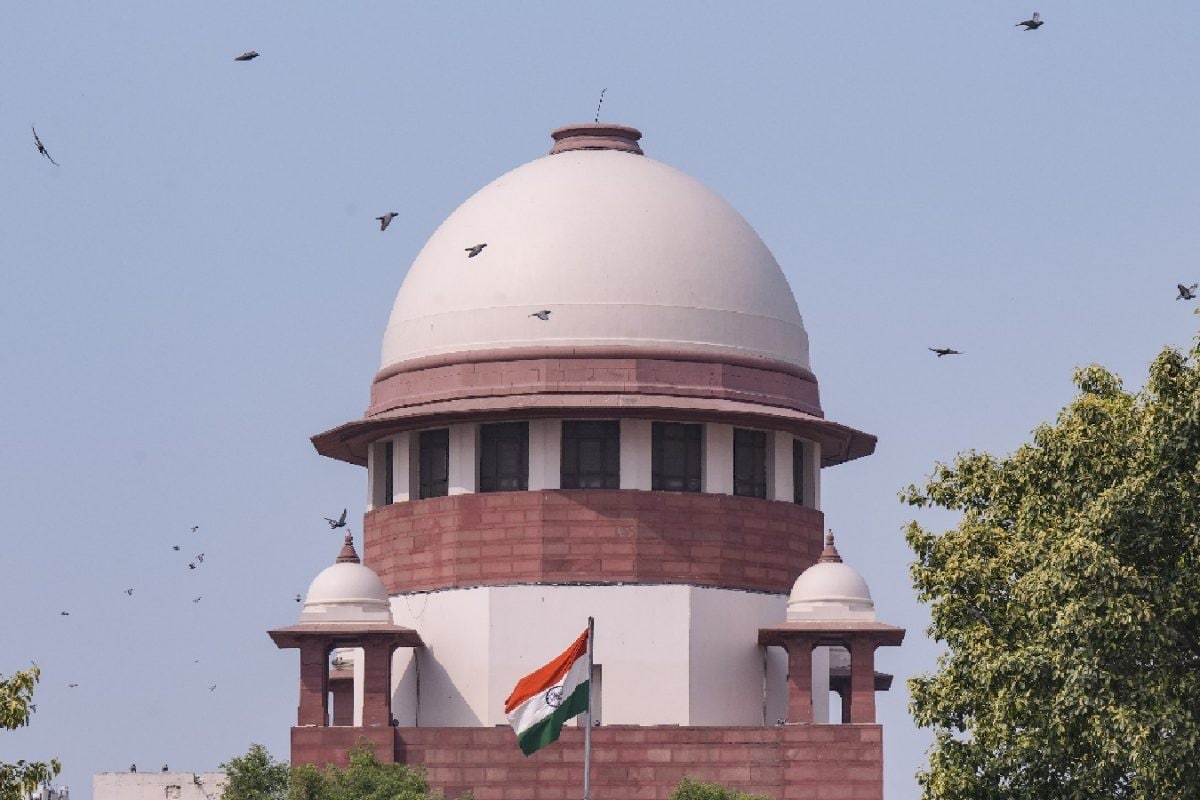

The Supreme Court has declared that the results of the Special Intensive Revision (SIR) of the Bihar voter list could be overturned if evidence of illegality surfaces. This pronouncement occurred during the court's examination of multiple petitions challenging the Election Commission of India's (ECI) voter re-verification initiative. These petitions question the constitutional legitimacy of the ECI's actions, asserting that the ECI lacks the power to determine citizenship.
The petitioners argue that the ECI's demand for various documents to prove citizenship, excluding Aadhaar and its own ID card, encroaches upon the Union Home Ministry's jurisdiction. They cite a prior court ruling that the ECI's responsibility is to verify voter identity, not citizenship status.
The Supreme Court previously declined to halt the publication of the draft voters list on August 1, 2025, following the special intensive revision (SIR) exercise in Bihar. However, the court reiterated its directive to the ECI to consider Aadhaar and Voter ID cards to ascertain the statutory correctness of voter identities. Justices Surya Kant and Joymalya Bagchi clarified that the court could strike down the entire process if any illegality were discovered.
Senior advocate Gopal Sankaranarayanan, representing the NGO Association for Democratic Reforms (ADR), had requested the court's intervention to prevent the notification of the draft list, alleging that the EC was disregarding the court's previous suggestion to include Aadhaar, EPIC, and ration cards as valid documents. The ECI, represented by senior advocate Rakesh Dwivedi, expressed reservations about these documents, citing the issuance of fake ration cards. The court, however, emphasized that "any document on the earth can be forged" and advocated for en mass inclusion rather than en mass exclusion in the voters list.
On July 10, 2025, the Supreme Court had instructed the ECI to consider Aadhaar cards, Electoral Photo Identity Cards, and ration cards, as they form the basis for obtaining other documents. The court also stated that an ineligible person cannot claim a violation of Articles 19 and 21, which relate to the protection of certain rights regarding freedom of speech, etc., and protection of life and personal liberty.